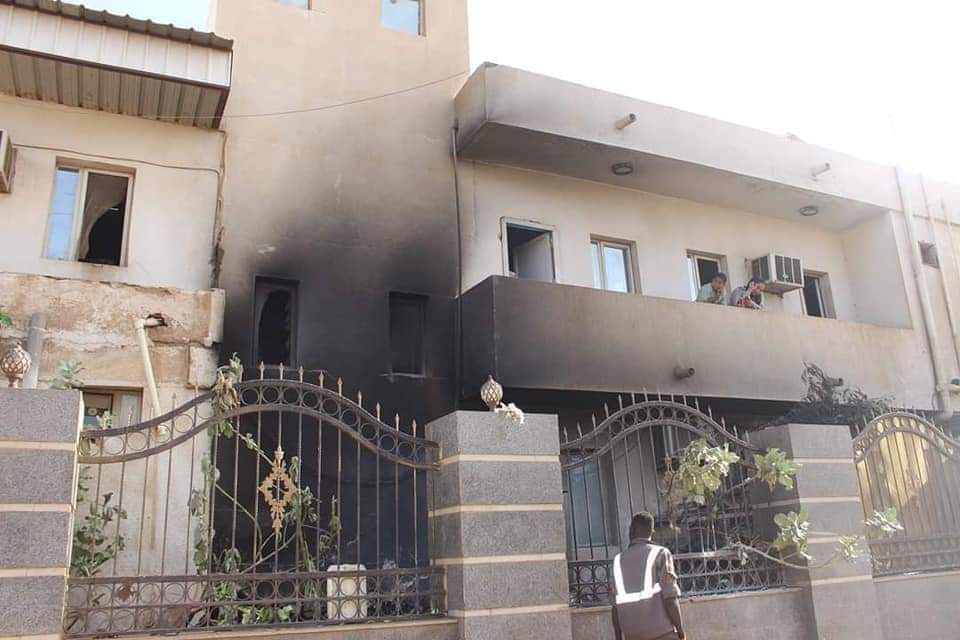The World Health Organization (WHO) has documented more attacks on health care facilities in Sudan, with 28 documented incidents that killed 8 medical personnel and injured 19.
Farhan Haq, a deputy U.N. spokesman, said further reports of other attacks were now being vetted for veracity.
Hag added that 17 of these attacks affected the work of medical facilities, including laboratories.
The attacks range from violent attacks with weapons, looting, obstruction of access to health care, and forced occupation of facilities.
The spokesman stressed the need to protect the safety and (sanctity) of medical care at all times, especially in light of deadly violence when such care is most needed.
The United Nations and its partners continue to work to get humanitarian aid to those in need in Sudan, wherever and whenever possible.
As the World Food Program resumes its life-saving operations, the first distributions of relief items are being carried out to reach 22,000 people in Gedaref State.
The United Nations Population Fund supports vulnerable women and girls in Sudan. The fund’s partners are working to ensure that supplies for safe deliveries and reproductive health needs that were distributed before the current crisis reach functioning hospitals and medical facilities.
Over 90 midwives trained by the United Nations Population Fund help pregnant women deliver safely, mainly in their homes in the capital, Khartoum.
The organization has redeployed and stockpiled more than 10,000 core relief kits across Sudan, while examining options to stock additional supplies in and around Port Sudan.
The organization praised neighboring countries for keeping their borders open to people fleeing the fighting in Sudan, and called for increased efforts to improve conditions at border crossings.
Support for those fleeing the fighting
As of May 3, more than 11,000 people have crossed from Sudan into Ethiopia. UN partners are providing emergency health services, drinking water, sleeping supplies, high-energy food and transportation services for the arrivals.
In Chad, the United Nations High Commissioner for Refugees estimates that some 30,000 people have crossed the border from Sudan. Aid, including food, water and health services, is provided to the arrivals.
In the Central African Republic, the UN Humanitarian Coordinator, Mohamed Ayweya, along with the heads of UN agencies and government officials, went to Um Dafouk, on the Sudanese border. The United Nations is scaling up the humanitarian response there to meet the needs of some 9,700 people who have arrived from Sudan.
The United Nations Humanitarian Air Service has transported 4.6 million tons of emergency cargo from the capital, Bangui, to Birao, near Om Dafouk.
The supplies, provided by five UN agencies, include medicine, water, shelter materials and other basic aid.
Armed confrontations between SAF and RSF broke out in the middle of this month between the army and the Rapid Support Forces in the capital, Khartoum, and a number of minarets in the states of Darfur, killing more than 500 people and injuring thousands, according to the World Health Organization.
Thousands of refugees also fled to the neighboring countries, in light of the dire humanitarian situation in the country.

